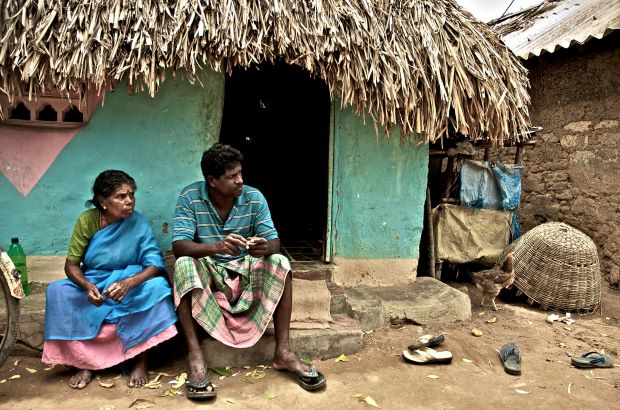Principles of CAA applies to ‘Hindu Tamils from Sri Lanka’, Madras High Court rules
COLOMBO – The Madras High Court has found that the principles of the controversial 2019 Citizen Amendment Act (CAA) applies to “Hindu Tamils of Sri Lanka”, in a ruling that may pave the way for Tamils to be granted Indian citizenship.
“One can take judicial notice of the fact that the Hindu Tamils of Sri Lanka were the primary victims of the racial strife,” Justice G. R. Swaminathan said while presiding over the petition for citizenship of 29-year-old Abirami, whose parents fled Sri Lanka before her birth.
Abirami was born Tiruchirapalli and has lived her whole life in India. Justice Swaminathan commented that Abirami has never held Sri Lankan citizenship and that should her petition be rejected; she would be left stateless.
Justice Swaminathan issued directions for Abirami’s application to be referred to the Tamil Nadu government, which was directed to announce its decision regarding Abirami’s case within 16 weeks.
The CAA excluded Tamils from securing citizenship, effectively leaving them in a state of limbo. The Act allowed the granting of Indian citizenship to migrants from Pakistan, Afghanistan and Bangladesh who identify as Hindu, Sikh, Jain, Buddhist, Christian, or Parsi.
The move was panned as being part of a larger anti-Muslim sentiment in India.
“Though Sri Lanka does not fall within the said amendment, the very same principle is equally applicable,” Justice Swaminathan said.
The Act is still not in effect due to ongoing legal challenges, but India’s Home Minister Amit Shah pledged to implement it as soon as possible.
-TG



Comments are closed, but trackbacks and pingbacks are open.